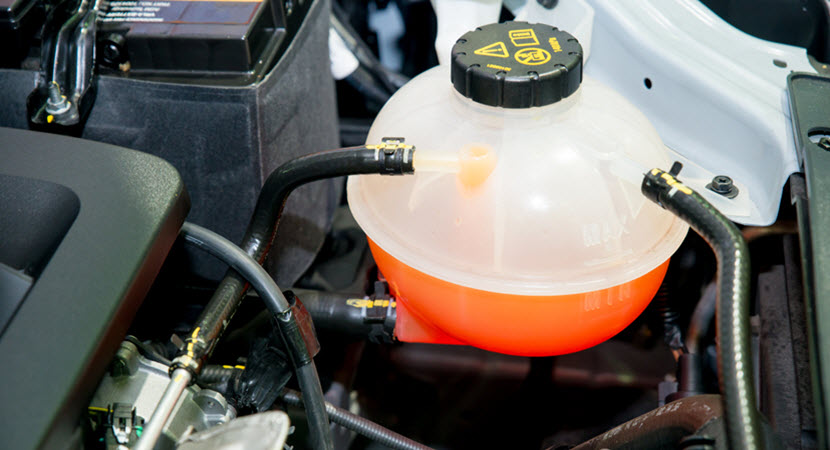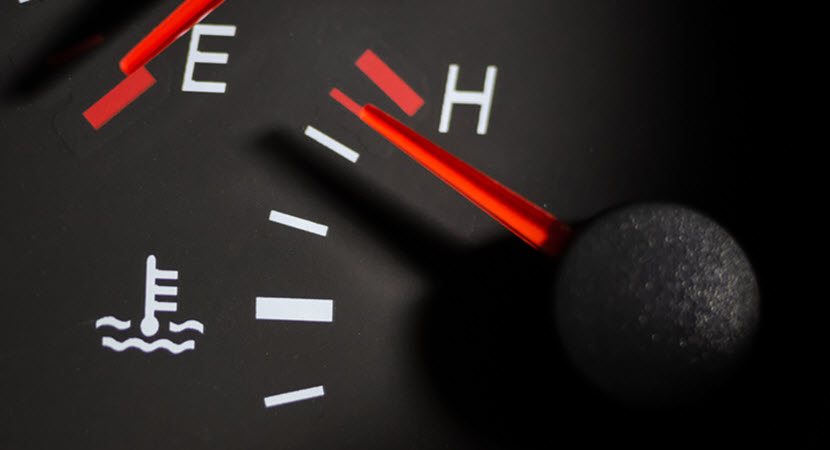When you own a Porsche, you’re not just driving a car; you’re experiencing the epitome of automotive engineering. The exhilaration of commanding a finely tuned machine on the open road is unparalleled. However, even the most well-crafted automobiles can encounter issues, and one problem that Porsche owners should be particularly aware of is the failure of plastic coolant pipes. These seemingly unremarkable components play a pivotal role in your car’s cooling system, ensuring your engine operates at the optimal temperature.
What are Porsche Plastic Coolant Pipes?
Before we explore the intricacies of detecting and addressing plastic coolant pipe failure, it’s crucial to understand what these components are and why they matter. Porsche plastic coolant pipes are integral parts of your car’s cooling system. They serve the vital function of transporting coolant throughout the engine to maintain a stable operating temperature. These pipes are commonly found in various Porsche models, including the 996 and 997 generations. While they are engineered for durability, they can degrade over time due to exposure to high temperatures, aging, and regular wear and tear.
4 Signs that Identify Coolant Pipe Failure
Detecting coolant pipe failure in your Porsche is essential for preventing further harm to your car. Here are some key indicators to watch for:
- Coolant Leaks: If you spot a pool of coolant beneath your parked Porsche, it’s a clear sign of a leak in the coolant system, often caused by cracked or damaged pipes.
- Overheating: Consistently elevated temperature readings on your car’s gauge or the illumination of the engine overheating warning light should prompt immediate investigation.
- Frequent Coolant Refills: If you find yourself frequently topping up the coolant reservoir due to declining levels, it could indicate an underlying issue, such as a coolant leak.
- Spotting a Problem on Visual Inspection: Regularly inspect the coolant pipes for visible cracks, bulges, or signs of wear. Pay special attention to the junctions where the pipes connect to other components.
Don’t Drive with the Risks of Coolant Pipe Failure
The repercussions of plastic coolant pipe failure in your Porsche can be significant and costly. When these pipes develop cracks or break, they lead to coolant leakage. The consequences of such leakage can be dire, including engine overheating, which, if not promptly addressed, can result in severe damage, necessitating extensive and expensive repairs. Additionally, coolant leaks can have a cascading effect on your engine’s performance, potentially culminating in complete engine failure in severe cases.
Why Timely Intervention is Best
Recognizing the early signs of impending coolant pipe failure and taking immediate action offers numerous advantages. First and foremost, it preserves the health and longevity of your Porsche’s engine, ensuring it continues to deliver peak performance. It also helps you avoid the inconvenience and unexpected expenses associated with sudden breakdowns. Addressing this issue proactively can save you from the more substantial financial burden of repairing extensive engine damage down the road.
How to Effectively Address Porsche Plastic Coolant Pipe Failure
Repairing coolant pipe failure in your Porsche is not a DIY endeavor; it requires the expertise of professionals who specialize in Porsche maintenance and repair. Here’s a step-by-step guide on how to address this issue:
- Consult Experts: Reach out to seasoned professionals like Dieter’s Porsche & BMW Service, serving Chula Vista, Coronado, Mission Valley, Point Loma, San Diego, CA, who possess extensive experience in Porsche maintenance.
- Diagnostic Inspection: Allow experts to conduct a comprehensive diagnostic inspection to pinpoint the extent of the issue accurately. This assessment will determine which specific coolant pipes need replacement.
- Replacement with Quality Components: If necessary, the professionals will replace the damaged plastic coolant pipes with high-quality, durable alternatives. This ensures that your Porsche’s cooling system is restored to peak condition, providing the engine with the necessary cooling and preventing further damage.
- Scheduled Maintenance: To prevent future issues and ensure the longevity of your new coolant pipes, consider scheduling regular maintenance and inspections with qualified technicians. This proactive approach will help detect potential problems early, ultimately extending the lifespan of your coolant pipes and preserving your Porsche’s performance.

Contact Us For Expert Porsche Repairs
The signs of Porsche plastic coolant pipe failure should never be underestimated or ignored. Timely detection and professional repair are essential to keep your Porsche running smoothly, safeguarding it from costly engine damage and unexpected breakdowns. If you suspect any issues or have observed warning signs as outlined in this article, we strongly encourage you to contact Dieter’s Porsche & BMW Service in Chula Vista, Coronado, Mission Valley, Point Loma, San Diego, CA.
Our team of dedicated experts is here to assist you in resolving this issue and ensuring your Porsche continues to provide you with unparalleled driving pleasure. Don’t hesitate to reach out to us today for peace of mind and the continued enjoyment of your Porsche experience.


